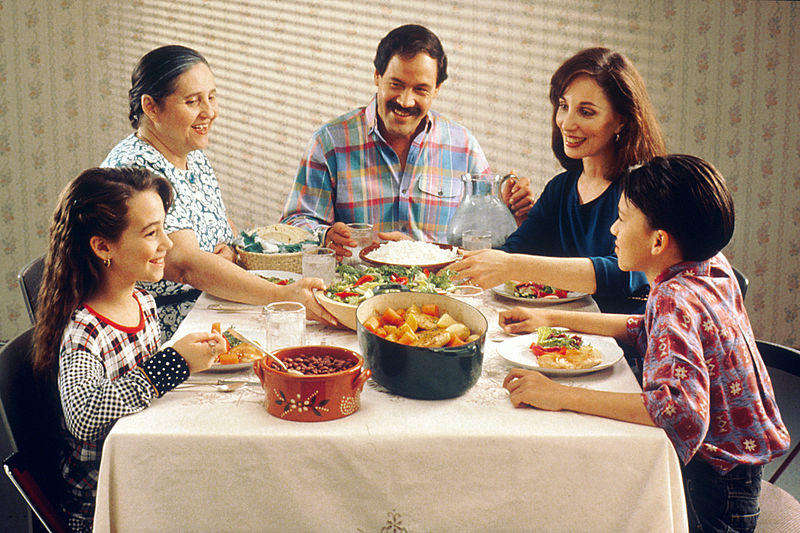“What does your kid eat?”
“Anything ... if he is watching television”
This is not an uncommon response. Most of the times, the screen time and the meal time go hand in hand. Unfortunately, it has become very common to take our plates and sit in front of the TV. A few days ago, I went to a rental community to see an apartment. As I was checking on dimensions to see if my dining table will fit in the dining area, the manager said,” who eats dinner on the dining table nowadays? Everybody is on a couch in front of the TV”. Well…He was not wrong. Many parents also use it as a strategy to feed their picky eaters. kids eat without complaining and your task of feeding is over in 10 minutes which otherwise takes almost an hour. But unfortunately, this is not a healthy way to eat…
What’s wrong with eating food while watching?
 |
| Image courtesy:https://www.parent.com/author/pam-moore/ |
2. No knowledge of satiety cues - They don’t learn to listen to body's satiety signals.As a result, they don’t realize when they are full. They tend to eat till the show continues which promotes overeating and sets the ground for obesity or in some cases, they undereat as they get too much involved in watching.
3. Food becomes the excuse to watch TV- Even if the kid is not hungry he might ask for food just so he can watch TV.
How to manage the mealtime without screen time
1. Keep mealtime and screen time separate - you can make screen time before or after the meal time. It can be either “Finish your screen time and then we all are going to have dinner” Or “Finish your dinner first and then you can watch TV for 'xyz' minutes”. If you have a toddler and you are allowing him to watch screen before dinner then make sure that those songs or episodes don't feature cookies or chocolates or any such unhealthy foods which will spoil his dinner. Because most of the times they see such things and start asking for it (trust me.. it has happened to me many times…).
 |
| Image Courtesy: http://wunc.org/post/monti-telling-stories-family-traditions#stream/0 |
You can even makeup stories and encourage them to contribute. If they are little bit older you can share stories from your work
3. Have 'pretend plays' -Sometimes, you can take one or two small toys on the dining table and pretend to feed them or play with them.
4. Make dinner time a family affair - This is the best time of the whole day when all can eat together and share your lives with each other. Ask them about their friends, school, and play. Tell them about how your day went. It greatly helps to increase bonding.
It also means that as your kid is not allowed to watch TV while eating; you are also not supposed to browse your smartphone. Now, this is important. You cannot preach unless you practice. I have declared my dining table as no screen zone and nobody is the exception…How about you?